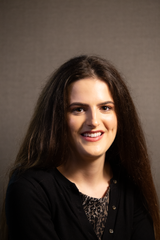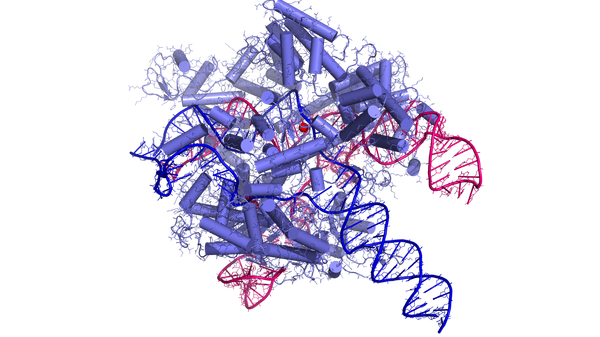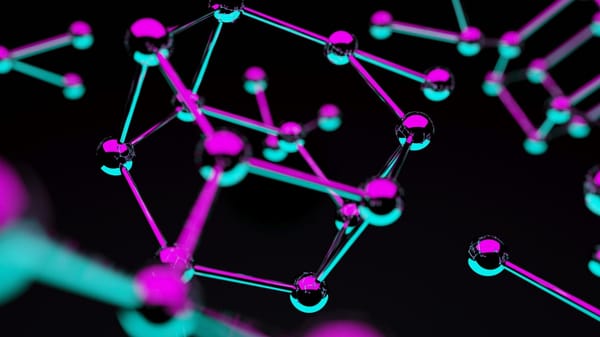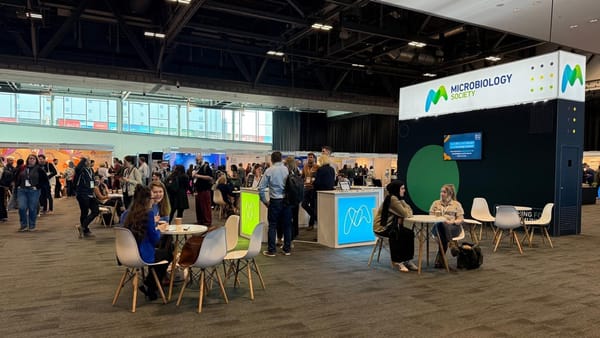Imperial team test “Mother Nature’s” mental health solution
Prof Edalat’s team combines attachment theory, AI chatbots, and personalised avatars to teach people how to find humour in almost any situation.
Researchers from the Algorithmic Human Development (AHD) group here at Imperial recently spoke with Felix to discuss their upcoming study on the evaluation of a Self-Initiated Humour Protocol (SIHP), a study which aims to train you to initiate humour in a non-hostile manner. The group behind the study is led by Professor Abbas Edalat, a Professor in Computer Science and Maths at Imperial.
His group has pioneered a protocol, based on attachment theory, that aims to teach participants a way to laugh in almost all contexts. The group claims the main purpose and benefits behind the protocols is that they will increase positive emotions and moods and reduce the negative ones, and that it will enhance cognitive abilities. His group are interested in recruiting Imperial students to join their latest study.
Algorithmic Human Development Group
“We call our group Algorithmic Human Development because the protocol that is at the basis of our psychotherapeutic intervention is algorithmic.” The psychoanalytic movement began with the Austrian psychiatrist Sigmund Freud, who coined the term psychoanalysis, which refers to methods of treating mental disorders. Professor Edalat goes on to explain that their intervention algorithm is developed via “millions of years of evolution, which produces healthy infants and healthy individuals,” referred to as “Mother Nature’s algorithm”.

“Mother Nature’s algorithm”
Abbas explains to us the two stages of Mother Nature’s algorithm. The first stage is based on when a mother is preparing to have a child, a hormonal transformation in those raising the child is triggered through the release of dopamine. This means those raising the infant will be “focused, energised and incentivised to raise a healthy infant into emotional maturity.”
The second stage of Mother Nature’s algorithm is attachment theory, developed by psychoanalyst John Bowlby. Professor Edalat explains that Bowlby “observed the separation anxiety of infants, when they go to hospitals or they go to orphanages, [or] when they lose their parents. He observed what later was formulated as attachment theory, and it’s got one basic tenet. A good enough parent responds to the distress signal of a child quickly and appropriately until the child is comforted and [they] go back to playing or go back to sleep. As a result of tens of thousands of interactions like this, the child develops what is called secure attachment with their parents. This secure attachment is the basis of social and emotional learning of the child, as [they] grow up into adolescence and later adulthood. Without this secret algorithm that Mother Nature has had, we would not be here having this conversation.”
Abbas states the algorithm, called the self-attachment technique (SAT), makes use of two agents, a “parent agent and a child agent.” In artificial intelligence, an agent consists of anything that perceives its environment and acts upon it, such as a robot with cameras and wheels. In the group’s study, they take the algorithm and reformulate it such that it has just one agent, a user. This means one user can practice this on their own, as Abbas argues that we have two faculties: one we call the “adult self,” a thinking faculty, and the “childhood self,” an emotive faculty. The group in their study want to emulate this algorithm as close as possible, which they believe to be the secret behind enhanced mental health.
Self-Initiated Humour Protocol
This study is focused on evaluating a Self-Initiated Humour Protocol (SIHP), which is built upon SAT to enable the user to be humorous in almost all contexts, based on their own mindset and emotional world. The group has developed a series of exercises, virtual environments, and chatbots for SAT and SIHP. The study is eight weeks long, with the first two weeks intended to create the “adult-child” affectional bond and the subsequent six weeks involving daily interactions with a chatbot that coaches you to practice self-initiated humour protocol exercises.
Professor Edalat refers to Leo Tolstoy’s 1877 novel Anna Karenina, which begins “All happy families are alike; each unhappy family is unhappy in its own way,” Abbas explains. “The common denominator of happy families is the fact that they use humour and laughter as a tool for emotional self-regulation, even if there are problems in the family, if there’s a tragedy, if there’s an upset: soon they will put themselves together and they use laughter to get over it. They laugh off all the problems. This is the secret of happy families.”
Several PhD students constructed the study, including Mary Kenneth, whose research is on humour. She explains that “humour styles are psychological categorisations of humour, such as self-enhancing, self-deprecating, aggressive, and affiliative humour styles.” Kenneth’s PhD is focused on asking whether we can tell someone’s psychological state just from the jokes they make. Ruoyu Hu, who has spent three years working with Professor Edalat, is part of the team constructing a conversational AI for the delivery of psychotherapeutic interventions. Xinyan Ye, a second-year PhD student, is responsible for building the 3D avatar of the user, which will be used to run Mother Nature’s algorithm for the user. Former PhD student Neophytos Polydorou also works with the group to supervise projects and students, specialising in virtual reality platforms with motion recognition for SAT.
Successes, obstacles and barriers to studying self-attachment based therapies
Prof Edalat gives us an insight into the neurobiological foundations of SAT, describing recent functional MRI studies conducted by his group. They have shown that the technique activates the reward circuitry of the brain, which he explains is “quite logical because the user creates an affectional bonding with the childhood self, in the anticipation of reward. What is the reward? That they get rid of their emotional problems.” He hopes that this technique could be used to address addiction in the future, reflecting on the current limitations in treatment, including that “the best protocol for addiction is still AA… [which] asks the user to rely on God, because science has not been able to develop anything better than what great religions have been teaching us for thousands of years.”
The team’s research journey thus far has been marked by significant achievements alongside some of the inevitable challenges that accompany novel work. The recent SIHP study demonstrates impressive outcomes, with “significant improvements in the primary outcome of well-being with a large effect size, as well as a range of secondary outcomes with large effect sizes, self-compassion, use of self-enhancing humour, and emotion regulation” maintained at three-month follow-up.
Prof Edalat acknowledges the realities of introducing novel approaches into established fields. He claims there exists a natural resistance to unseen techniques, with scientists often becoming “entrenched into their training” and “facing difficulties in thinking outside the box.” Although not a phenomenon unique to his work, he believes his persuasion often isn’t enough when coming from a mathematician and computer scientist. On the ground he has encountered some barriers typical of interdisciplinary research, saying, “The main hurdle...to get quicker results has been that I’m not a clinician, I don’t have access to patients... I’m not in the NHS. It’s been a real struggle for me to organise these pilot studies.”
The AHD group is currently recruiting for an eight-week SIHP study that teaches participants this “rule-based framework that empowers you to detect humour in nearly all contexts in life and therefore be amused.” This promises participants a unique opportunity to participate in mental health research while potentially transforming their own well-being.
Wider benefits of the therapy, outlooks for the future
The implications of this research extend far beyond individual mental health treatment. Prof Edalat shared his vision for supporting human potential; he believes that if individuals can develop better emotional self-regulation through techniques like SAT, it could unlock previously “untapped potential,” giving us “a chance for humanity in the decades to come.”
We thank the AHD group for their interview. If you’d like to find out more about the group and the study, click here to go to their website.
Additional reporting done by James Desmet.










